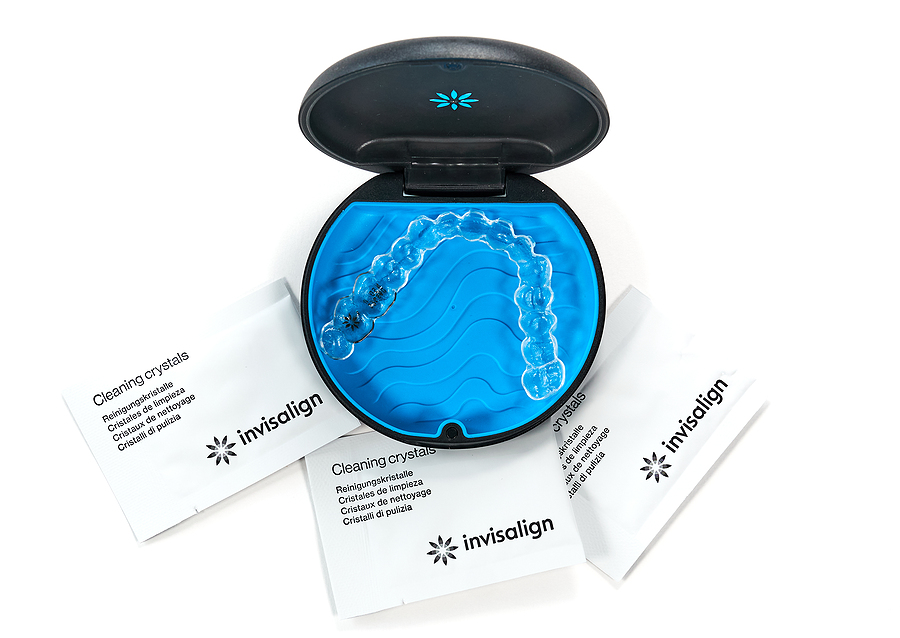Americans are taking more prescription medications on a regular basis than ever before. Unfortunately, many medications can negatively affect your teeth and gums. Here are some of the most common dental side effects related to different medications, along with a few tips for managing the symptoms.
Xerostomia
Saliva plays a key role in your overall oral health because it removes food particles, fights bacteria, lubricates and controls pH levels in the mouth. Xerostomia (dry mouth syndrome) occurs when a medical condition or medication reduces saliva production. Patients with xerostomia have accelerated plaque and tartar build up, which in turn raises their risk of developing cavities and periodontal disease. There are more than 400 drugs that cause xerostomia, including:
- Antidepressants
- Antihistamines
- Blood pressure
- Decongestants
- Muscle relaxants
- Parkinson’s disease
Management: Patients with xerostomia should always take their medication with a full glass of water, and drink lots of water throughout the day. In addition, preventative dental care is essential for decreasing symptoms. It’s important to brush your teeth and floss carefully at least twice daily with a soft toothbrush and fluoride toothpaste to reduce plaque and see your dentist at least every six months for an exam and thorough cleaning. Patients with xerostomia should check for sores or ulcers in between checkups and report them to their dentist or physician right away.
Gingival Hyperplasia
Gingival Hyperplasia (gingiva overgrowth) occurs when soft gum tissues begin to grow out of control. It can be caused by the use of several different kinds of medications, including the following:
- Antiseizure (phenytoin)
- Calcium channel blockers (amlodipine, diltazem, nifedipine, verapamil)
- Immunosupressant (taken after organ transplants)
Management: Patients with gingival hyperplasia should see their dentist for a thorough cleaning and examination at least once every six months to control growth. Sometimes surgical repair is necessary as part of a treatment plan.
Soft Tissue Damage
There are a wide range of medications linked to the development of oral sores and other soft tissue inflammation in the mouth, including:
- Immunosuppressive agents
- Oral contraceptives
- Blood pressure drugs
- Chemotherapy medications
Management: Tetracycline antibiotics can help clear up sores and reduce healing time. Unfortunately, tetracycline can make patients more susceptible to oral thrush. Over the counter and prescription medications with benzocaine can also be helpful. Sometimes sores need to be chemically cauterized.
Dealing with Specific Medical Issues
Crohn’s Disease
People with Crohn’s disease have a higher risk for dental problems. Approximately 20 percent of Crohn’s disease patients have painful canker sores or other mouth sores. Doctors can prescribe steroid gels to control symptoms. Crohn’s disease is also associated with cavities, bacterial infections and thrush in the mouth. Watch for red or white patches, a burning sensation or a bad taste in the mouth. Your dentist needs to know about your Crohn’s disease immediately. Keep him or her informed about your treatment and share blood test results.
Osteoporosis
People with osteoporosis take medications called antiresorptive agents to strengthen their bones. These medications are associated with osteonecrosis of the jaw, a rare but serious condition that causes jawbone damage. It can occur spontaneously but often happens after a dental procedure. It is important for your dentist to know if you are taking any antiresorptive agents for this reason.
Tell your dentist about all medications you take regularly so that he or she can make the most informed decisions possible regarding dental treatment. Also continue to see your dentist for regular checkups.
Visit Our Office
Office Hours
- MON8:00 am - 6:00 pm
- TUE8:00 am - 6:00 pm
- WED8:00 am - 6:00 pm
- THU8:00 am - 6:00 pm
- FRIClosed
- SATClosed
- SUNClosed
10370 Richmond Ave. Ste 310,
Houston, TX
Phone : (832) 251-1234Text Us : (832) 251-1234






